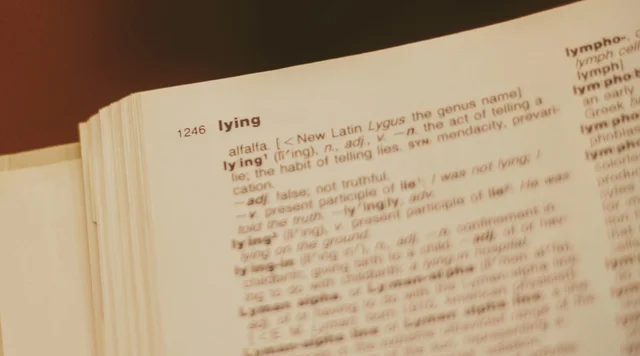Law360 published an article yesterday by Carrie Garrison about an "exciting shift in the legal world," after Justice Thomas used the parenthetical "(cleaned up)" in a SCOTUS opinion:
Under that doctrine as it existed in 1946, a judgment is “on the merits” if the underlying decision “actually passes directly on the substance of a particular claim before the court.” Id., at 501–502 (cleaned up).
This parenthetical, as Ms. Garrison points out, was suggested in 2017 as an alternative to longer parentheticals like "(internal quotation marks omitted)" under Bluebook Rules 1.5 and 5.2.
This sounds like a great way to save some space, particularly in light of the ongoing adoption of word limits by the District of Delaware judges and Delaware's Court of Chancery.
The District of Delaware's Citations Are Already (cleaned up)

At least two District of Delaware judges are ahead of the curve. Judge Andrews first used "(cleaned up)" back in 2018, and has since repeated it in at least 70 opinions, sometimes including variants such as "(cleaned up and citations omitted)," or "(cleaned up, including omission of citations)." Judge Hall joined the club in January, using it in a single opinion so far.
It looks like Delaware Superior Court judges Wallace and Davis have likewise adopted the parenthetical in one or two opinions each, starting in January of this year.
Should My Citations Be (cleaned up)?
I don't see why not. I'm not sure I'd personally adopt it in all instances; it is not clear enough to me whether "(cleaned up)" is widely understood to encompass "(citation omitted)," for example. Ms. Garrison suggests that it is, and that it removes the need to attribute an internal quote to its original source, but the original proposal and Judge Andrews' usage indicate otherwise.
In any case, I definitely wouldn't object to its use. It easily beats some alternatives that I've seen, such as the idea that "(citations omitted)" by itself is sufficient to indicate that quotation marks, alterations and so on are also omitted. And you certainly can't discount the value of extra space in a brief!
If you enjoyed this post, consider subscribing to receive free e-mail updates about new posts.





